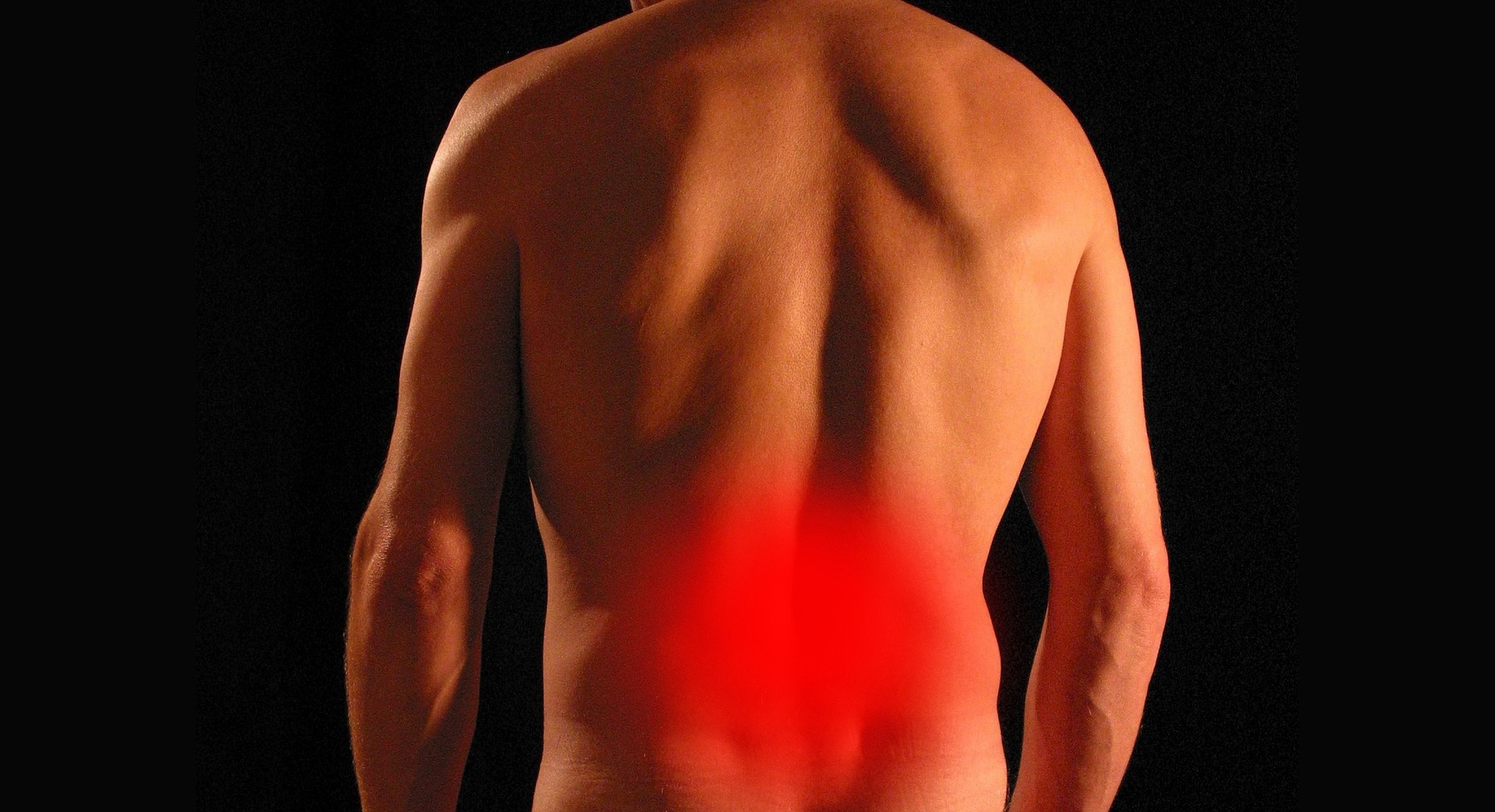Essential Guide: Diet for Herniated Disc Recovery
Discover the key foods to eat and avoid when dealing with a herniated disc. Learn how your diet can support your recovery process and improve your overall spinal health. Find out the best nutritional strategies to enhance healing and alleviate discomfort associated with this condition.
What Foods Should You Eat for Herniated Disc Recovery?
A well-planned herniated disc diet should emphasize anti-inflammatory foods that support spinal health nutrition. Focus on consuming omega-3 rich fish like salmon, mackerel, and sardines at least twice weekly. These fish contain essential fatty acids that help reduce inflammation around the affected disc area. Leafy greens such as spinach, kale, and collard greens provide magnesium and calcium, which are crucial for nerve function and muscle relaxation.
Incorporate colorful fruits and vegetables rich in antioxidants, including berries, cherries, and bell peppers. These foods combat oxidative stress and support the body’s natural healing processes. Whole grains like quinoa, brown rice, and oats provide sustained energy while avoiding blood sugar spikes that can contribute to inflammation.
Which Foods Should You Avoid During Disc Herniation Recovery?
Certain foods can worsen inflammation and impede your disc herniation recovery. Eliminate or significantly reduce processed foods, refined sugars, and trans fats from your diet. These inflammatory foods can increase pain levels and slow healing. Limit red meat consumption, particularly processed meats like bacon and sausages, which contain high levels of saturated fats.
Avoid excessive consumption of nightshade vegetables such as tomatoes, potatoes, and peppers if you notice increased pain after eating them. While not everyone is sensitive to nightshades, some individuals with chronic pain conditions report symptom improvement when these foods are eliminated. Additionally, reduce alcohol and caffeine intake, as both can interfere with sleep quality and the body’s natural healing processes.
How Does Hydration Impact Spinal Health Nutrition?
Proper hydration is fundamental to healthy eating for spinal health. Your spinal discs are composed of approximately 80% water, making adequate fluid intake essential for maintaining disc height and flexibility. Dehydration can cause discs to lose their cushioning ability, potentially worsening herniation symptoms.
Aim for at least eight glasses of water daily, adjusting for activity level and climate. Include water-rich foods like cucumbers, watermelon, and soups in your diet for back pain management. Herbal teas, particularly those with anti-inflammatory properties like ginger or turmeric tea, can contribute to both hydration and pain relief.
What Supplements Support Disc Herniation Recovery?
While whole foods should be your primary source of nutrients, certain supplements can enhance your herniated disc diet. Omega-3 supplements may be beneficial if you don’t consume enough fatty fish. Turmeric supplements containing curcumin have shown promise in reducing inflammation, though consult your healthcare provider before starting any supplement regimen.
Vitamin D plays a crucial role in bone health and may support spinal health nutrition. Many Americans have vitamin D deficiency, particularly those with limited sun exposure. Magnesium supplements can help with muscle relaxation and nerve function, potentially reducing muscle spasms associated with herniated discs.
How Do Americans Typically Approach Nutrition for Back Pain?
In the United States, approximately 31 million people experience lower back pain at any given time, yet many remain unaware of nutrition’s role in pain management. American dietary patterns often include high levels of processed foods and inflammatory ingredients, which may contribute to prolonged recovery times. Research suggests that the standard American diet, high in refined carbohydrates and processed foods, may increase systemic inflammation.
However, there’s growing awareness among healthcare providers about the connection between diet and spinal health. Many physical therapy clinics and pain management centers across the country now incorporate nutritional counseling into their treatment protocols, recognizing that a comprehensive approach yields better outcomes for patients with herniated discs.
What Does Professional Nutritional Guidance Cost for Spinal Health?
When seeking professional help for developing a herniated disc diet, costs can vary significantly across the United States. Understanding these expenses can help you make informed decisions about your healthcare investment.
| Service Type | Provider | Cost Estimation |
|---|---|---|
| Initial Nutritional Consultation | Registered Dietitian | $150-$300 |
| Follow-up Sessions | Registered Dietitian | $75-$150 |
| Comprehensive Meal Planning | Nutrition Specialist | $200-$400 |
| Anti-Inflammatory Diet Program | Clinical Nutritionist | $300-$600 |
| Online Nutrition Coaching | Digital Health Platforms | $50-$200/month |
Prices, rates, or cost estimates mentioned in this article are based on the latest available information but may change over time. Independent research is advised before making financial decisions.
Many insurance plans now cover nutritional counseling when prescribed by a physician for medical conditions, including chronic pain management. Check with your insurance provider about coverage for dietary counseling related to your herniated disc treatment.
Conclusion
Implementing a thoughtful herniated disc diet can significantly impact your recovery journey. By focusing on anti-inflammatory foods, staying properly hydrated, and avoiding foods that promote inflammation, you create an internal environment conducive to healing. Remember that nutritional changes work best when combined with appropriate medical treatment and physical therapy. The investment in proper spinal health nutrition pays dividends not only in faster recovery but also in long-term spinal health and overall well-being.
This article is for informational purposes only and should not be considered medical advice. Please consult a qualified healthcare professional for personalized guidance and treatment.





